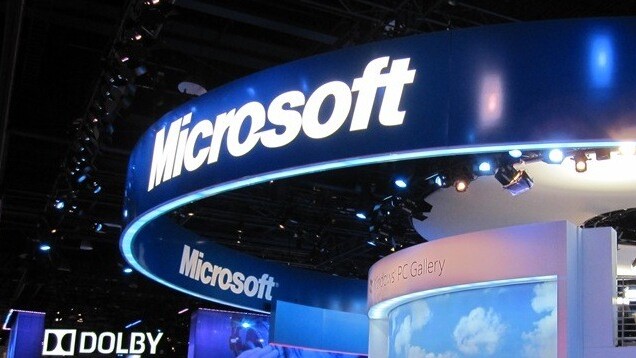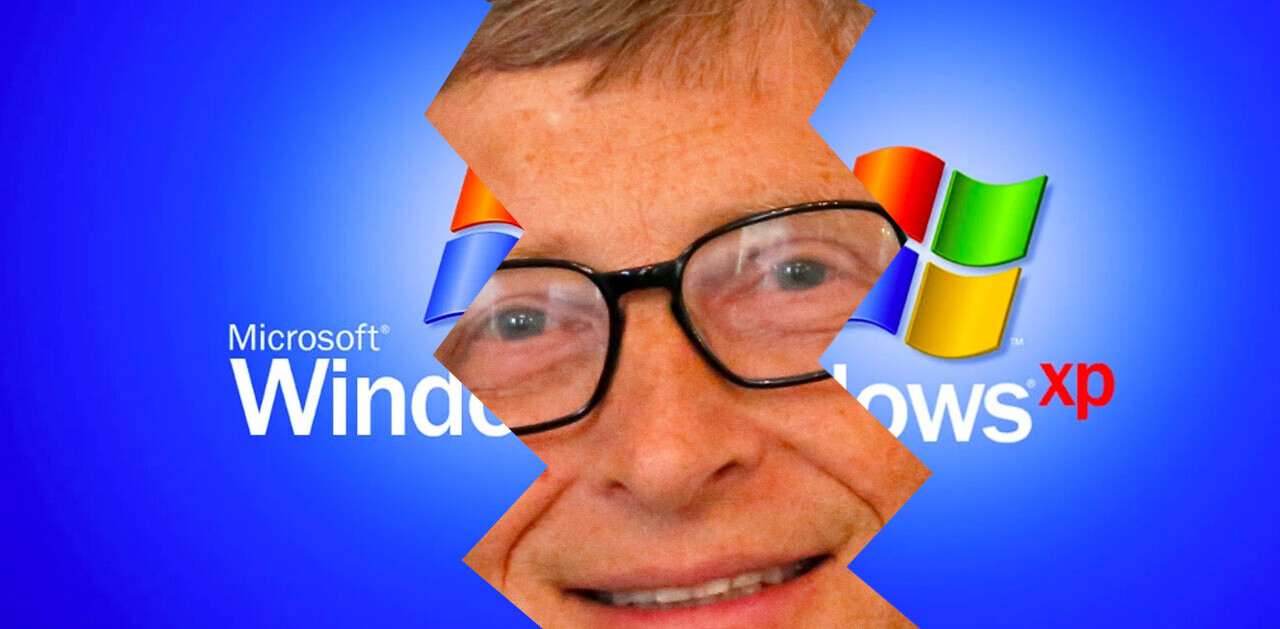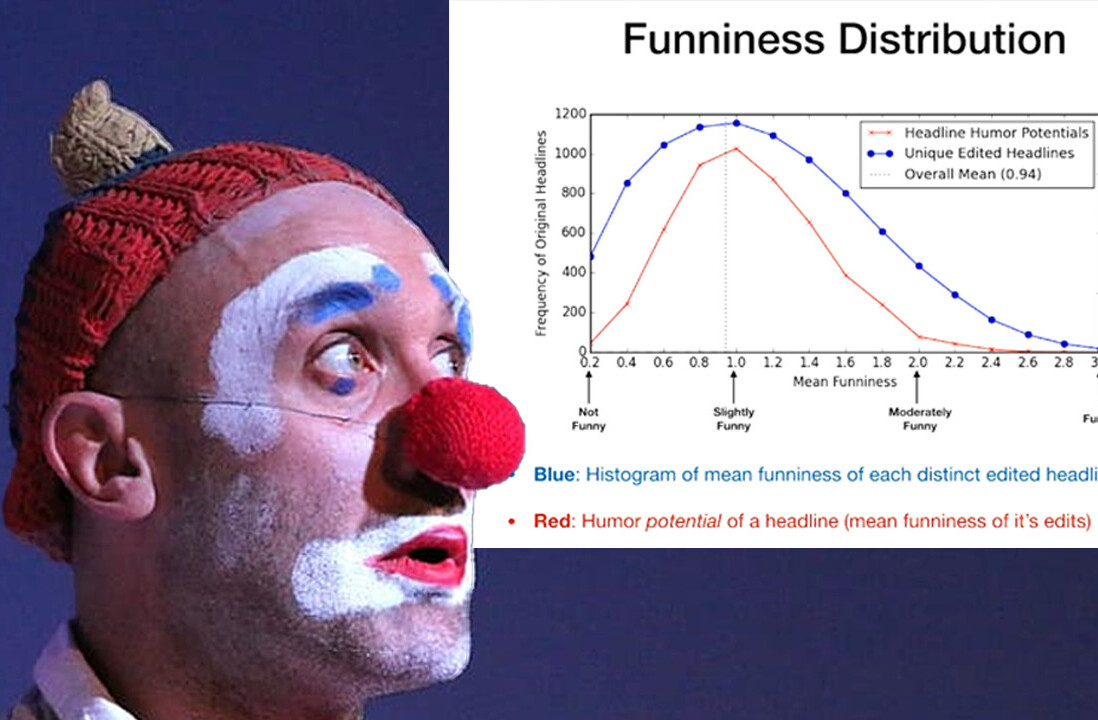
Microsoft has announced it has signed another patent agreement with Korean smartphone vendor LG, covering its tablets, mobile phones and other consumer devices Google’s Android or Chrome OS software.
The deal builds upon the Redmond-based company’s earlier Android patent agreements with HTC, Samsung and Acer, meaning that the company now covers more than 70% of all Android smartphones sold in the U.S.
Over the course of 2011, Microsoft announced its partnerships, signing agreements with some mid-to-large Android handset makers, but pulled off its biggest coup with the signing of its “most important Android patent license to date” after agreeing terms with Samsung.
Microsoft’s deal with Samsung not only saw the company collect royalties on every Samsung smartphone and tablet running Android, it would also see “closer collaboration on Windows Phone”, which has begun to bear fruit over the past few months and is expected to expand later the first quarter of 2012.
With many working the technology industry viewing patent protection as more of a business in itself than a way to assert intellectual property rights against a company or individual mimicking an innovation of their own, Microsoft is of the belief that the patent system is “normal and necessary” despite the fact it can be very ugly.
Horacio Gutiérrez, the deputy general counsel, who leads Microsoft’s intellectual property group, believes that without a patent system, companies will not have the drive or incentive to spend millions of dollars and numerous years creating new technologies that become the foundation of hardware and software platforms we see and use today.
Microsoft’s patent antics has frustrated rivals Google, with the company stating that the Redmond-based software behemoth has engaged it in a ‘hostile’ patent war. Referencing its success as a smartphone platform developer, Google’s SVP David Drummond posted a blog post noting it had drawn hostile attention from competitors like Microsoft, Apple and Oracle as a result and that the companies have turned to using patents to wage war.
A smartphone might involve as many as 250,000 (largely questionable) patent claims, and our competitors want to impose a “tax” for these dubious patents that makes Android devices more expensive for consumers. They want to make it harder for manufacturers to sell Android devices. Instead of competing by building new features or devices, they are fighting through litigation.
With 70% of all U.S Android devices now covered by Microsoft’s patent portfolio, we wonder if Google will respond to the company’s latest announcement. We have reached out to the search giant for comment and will update the article should we receive a response.
Get the TNW newsletter
Get the most important tech news in your inbox each week.




